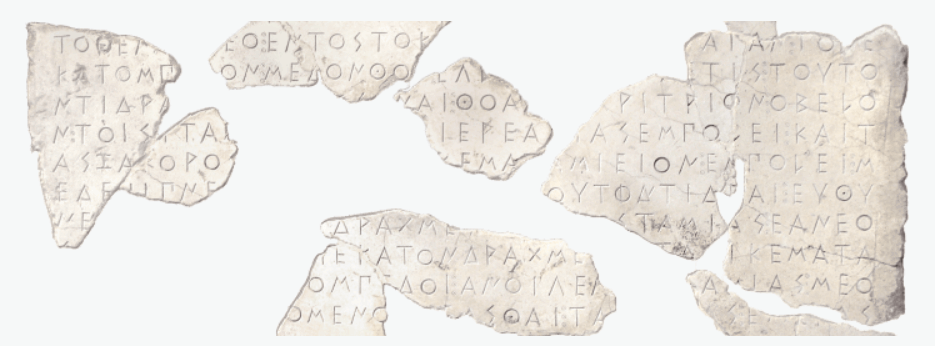If you’ve ever examined an ancient text, you might have been struck by the mystery of missing pieces. The challenge becomes even more daunting when you consider that these relics of history are often thousands of years old, with parts of them worn away or damaged over time. However, an innovative machine learning model named Ithaca, developed by DeepMind, is making strides in helping historians and scholars navigate this intricate landscape of missing words and fragments. Today, we delve into how this unique application of artificial intelligence is breathing new life into ancient Greek inscriptions and beyond.
The Challenge of Lacunae
Lacunaethe gaps where text is lost to historyare a widespread challenge in many scholarly disciplines dealing with ancient artifacts. These can range from a solitary missing letter to entire passages that shaped historical narratives. When working with materials like stone, papyrus, or clay inscribed with languages like Akkadian or Linear A, experts often face insurmountable hurdles in reconstructing these texts. Filling in the gaps is no simple task; it involves considerable expertise, intuition, and often, a good dose of guesswork.
The Innovation of Ithaca
Ithaca emerges as a transformative tool for this scholarly quest. Trained on an extensive library of ancient Greek writings, it assists historians in predicting missing words, suggesting the probable dates, and uncovering the locations where these texts were produced. Named after Odysseus’s home island, Ithaca reflects both a grounding in history and a relentless pursuit of knowledge.
How It Works
- Predictive Capabilities: Ithaca uses sophisticated algorithms to analyze the structure and context of existing texts to determine what might fill in the gaps.
- Date and Origin Estimations: Beyond word predictions, Ithaca can also make educated guesses about the historical context of the inscription.
- A Tool, Not a Replacement: It is essential to recognize that Ithaca is designed as an aid to scholars rather than a standalone solution. While it helps streamline the research process, human expertise remains irreplaceable.
Achieving Greater Accuracy
An example published in the journal Nature highlights Ithaca’s efficacy. When historians attempted to restore decrees from Periclean Athens believed to be from around 445 BC, they managed an initial accuracy of only 25%. However, with Ithaca’s insights, they improved their accuracy to an impressive 72%, showcasing how AI can enhance human endeavors.
Applications Beyond Ancient Greek
While Ithaca focuses on ancient Greek, its creators are not stopping there. There are plans to expand its capabilities to include other ancient languages such as Akkadian, Hebrew, Demotic, and Mayan. This opens exciting avenues for global scholars working with diverse datasets of antiquity.
Looking to the Future
Ithaca represents just one of many potential intersections between artificial intelligence and the ancient humanities. As Ion Androutsopoulos, a professor involved in the project, notes, these types of projects emphasize the importance of marrying traditional scholarly practices with cutting-edge technologies. Raising awareness and developing educational resources will be key to fostering a new generation of historians skilled in both disciplines.
Conclusion
The emergence of AI models like Ithaca is a game-changer, reminding us that technology can provide invaluable support in fields we might not typically associate with the digital era. As AI continues to evolve, its contributions will only grow, helping us unearth and reconstruct our interconnected histories. For more insights, updates, or to collaborate on AI development projects, stay connected with fxis.ai.
At fxis.ai, we believe that such advancements are crucial for the future of AI, as they enable more comprehensive and effective solutions. Our team is continually exploring new methodologies to push the envelope in artificial intelligence, ensuring that our clients benefit from the latest technological innovations.

